Although there are countless benefits to driving an electric car or a hybrid, a major concern by most future buyers is the cost to replace EV batteries. The cost for Chevrolet Bolt EV’s batteries is reportedly some whopping $15,000. So how long do electric car batteries last?
While the typical cost for EV batteries replacement is not as high as for the Chevrolet, it is still a few thousand dollars. While most EV batteries have an eight-year warranty, you might fear that electric car battery lifespan is not that long.
So if you’re considering buying an electric car or a hybrid, read on to find out how long do electric car batteries last to factor batteries replacement cost into your decision.
Contents
How much does it cost to replace EV batteries?
Batteries replacement is a must among the maintenance checklist for electric cars.
It is generally agreed that the cost to replace EV batteries range between $1,000 to $6,000. This is a rather big expense, however prices seem to slightly reduce over time in recent years.
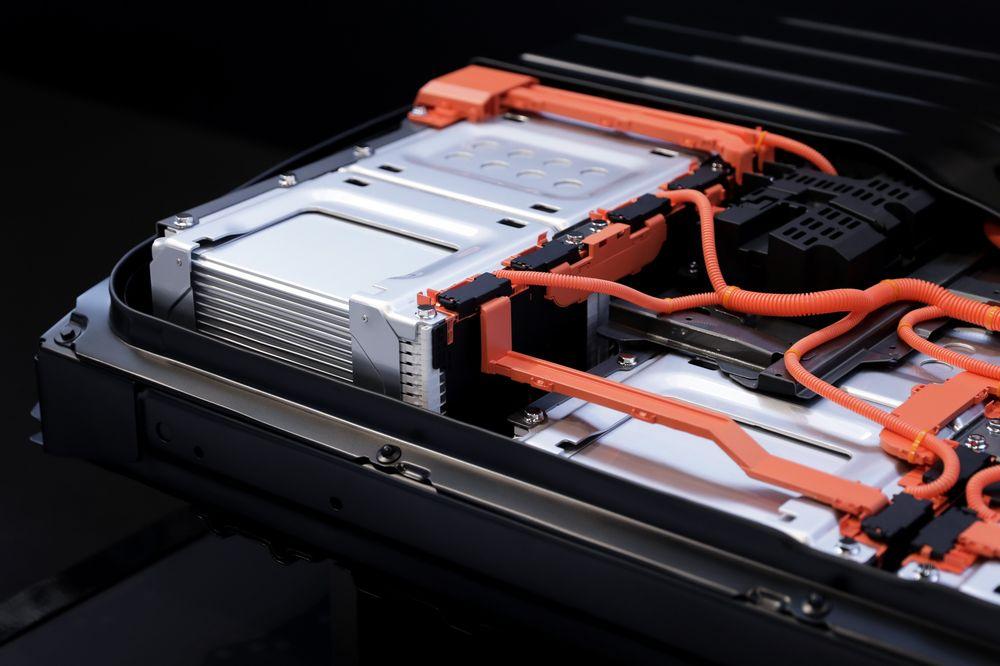
READ MORE
- Cost Of Powering An Electric Car – Is It Good Investment?
- Can You Drive A Hybrid Without The Battery?
EV batteries basics
The batteries used for EV are lithium-ion batteries, the same type used for your mobile phones and laptops.
Compared to regular batteries, they are much more lightweight. They also have a much higher energy density, meaning they can squeeze out a larger amount of energy from a small battery. They are also less prone to losing their charge when not being used.
An EV battery capacity is measured in kilowatt-hours, or kWh. The higher kWh rating of a battery pack, the longer you can drive before needing to charge the battery. This capacity is also referred to as the battery’s “range”.
How long do electric car batteries last?
Many factors affect EV batteries lifespan. In general, you can expect most EV batteries on the market today will last you at least 8 years or around 100,000 miles. Most batteries in EV cars sold in the United States also have warranty for at least 8 years or 100,000 miles.
Another statistics for your peace of mind from Consumer Reports, an independent, not-for-profit research organization. It estimates that a typical EV battery pack would last around 200,000 miles, or almost 17 years of use if driven 12,000 miles a year. This is double the average warranty for most electric car’s batteries sold in the United States.
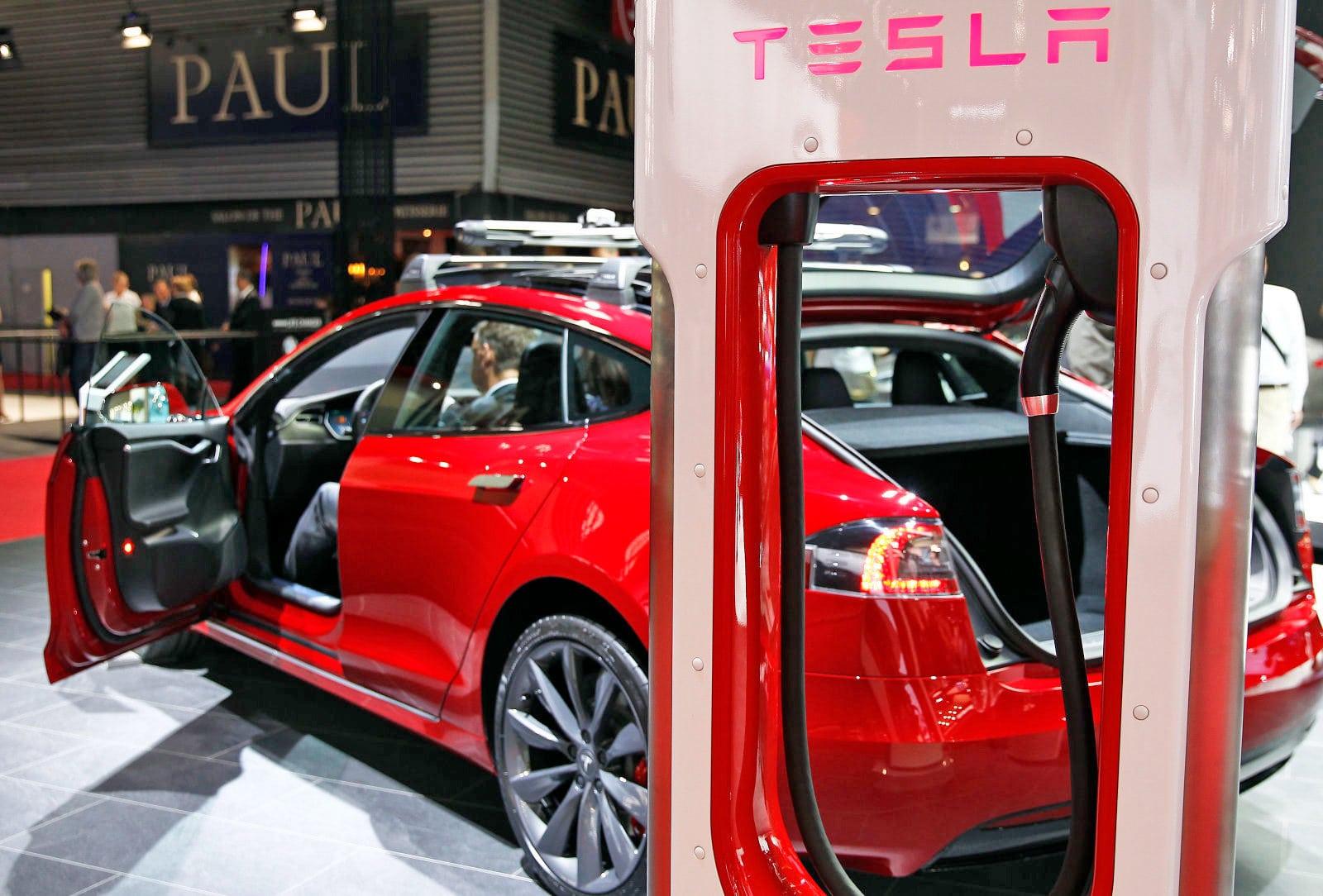
You can look for electric cars that have batteries with longer warranty than average. To name a few, Kia offers 10 year warranty for all battery packs in its electric cars. Hyundai goes a step further by offering a lifetime coverage for its EV batteries.
10 years is longer than the warranties on any other component of a car. In fact, 10 years is longer than the period that most car owners would keep a car for.
Notes on EV batteries warranty
When you buy an electric vehicle, make sure to check the details of the warranty carefully.
Typically, many manufacturers will offer warranties for EV batteries if, during the warranty period, the battery’s ability to hold a charge deteriorates down to a certain level, which is usually 60-70%. Brands like Nissan, Volkswagen, BMW, Chevrolet and some models from Tesla and some others offer this type of warranty.
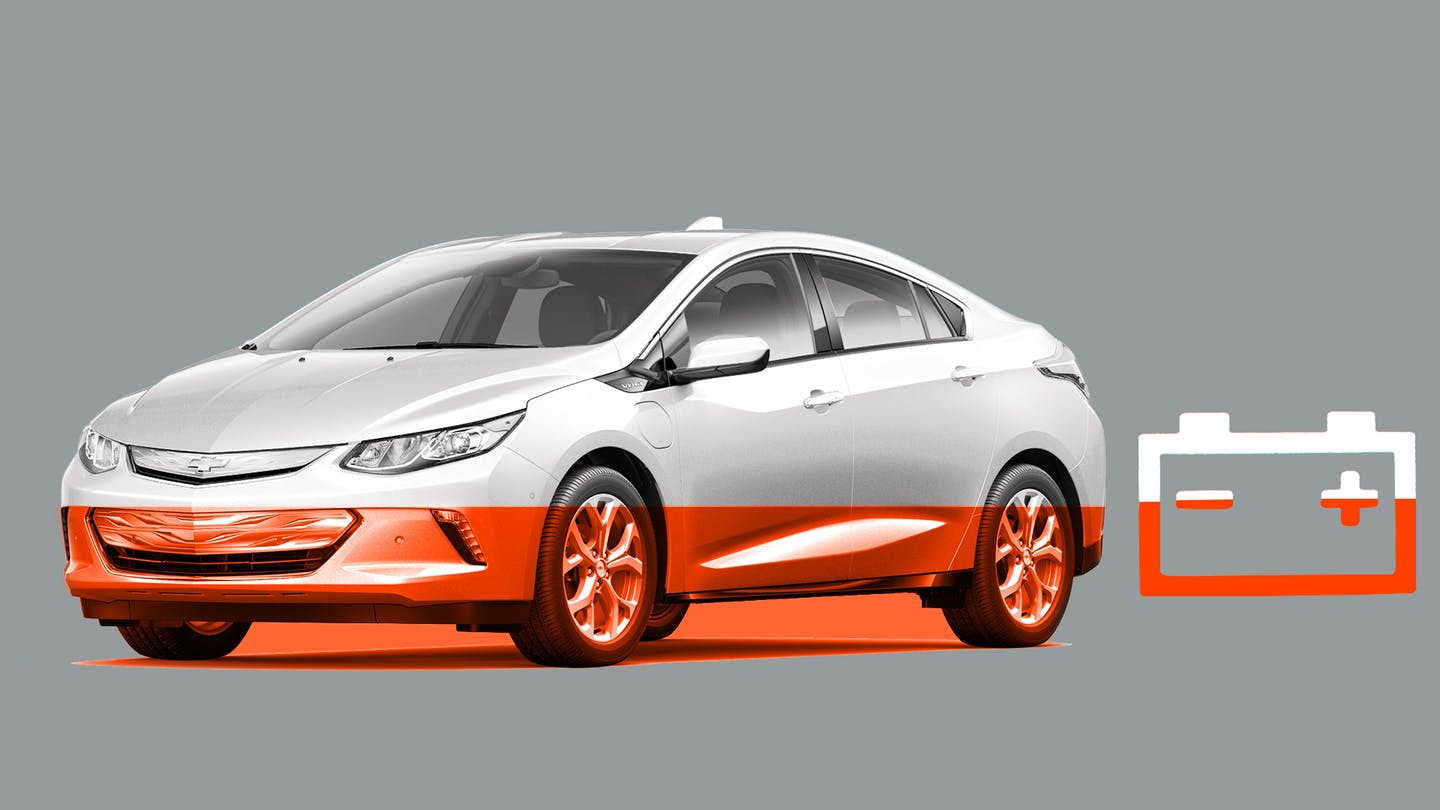
Be aware, however, that some EV manufacturers may only offer warranty if the battery completely loses its ability to hold a charge, that is if its charging ability deteriorates down to 0%. This is extremely rare, thus you would not prefer this type of harsh warranty.
Then, you might wonder, what would make EV batteries completely loses its charging ability? Or what factors would affect how long EV batteries last?
What affects how long electric car batteries last?
Charge and discharge
Over its lifespan, an EV battery pack will degrade slightly every time it charges and every time it discharges. However, such a loss is gradual and minor, and the rate of depletion tend to decrease over time.
The battery’s operating range
With that said, it should be noted that older batteries usually have shorter operating range, meaning it would run out of battery more quickly and thus would require charging more frequently. The more frequent the discharging and charging, the quicker the batteries will lose its charging capacity and the shorter its lifespan.
READ MORE
- Do Electric Cars Have Transmissions? Find The Right Answer Here
- Pro Tips For A Great Hybrid Car Maintenance
Where you drive
For gas-engine vehicles, driving around town with a lot of traffic, that is driving in slower speed with a lot of stops, consumes for fuel than driving on highways at a consistently high speed without stopping frequently.
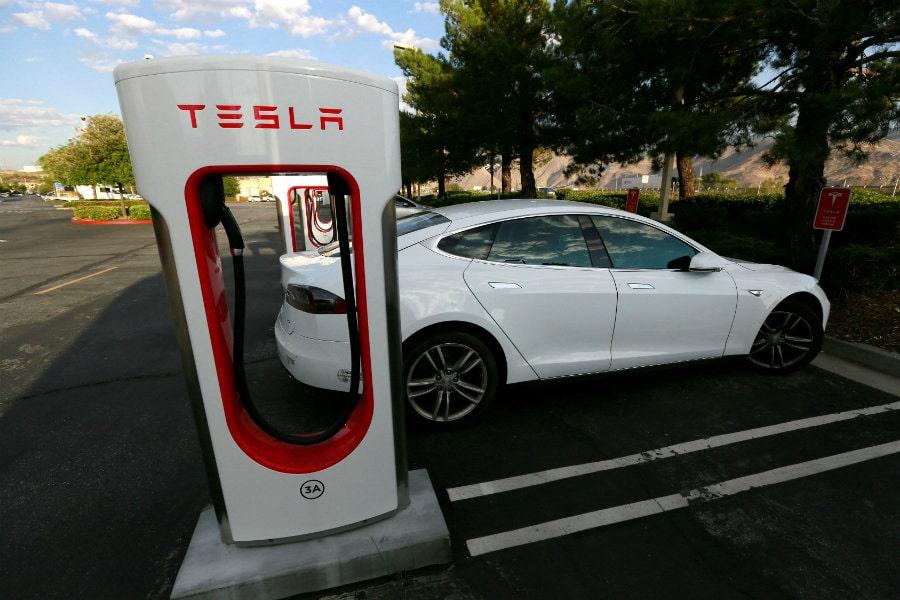
In contrast, electric vehicles tend to consume more battery power when driven on highways at a consistent high speed, while they use less power when running around town.
Hot climate
All batteries will achieve maximized lifespan if consistently used in environments at 20°C (68°F) or slightly below.
Extremely hot climate is not the ideal environment for EV batteries to ‘stay healthy’. In general, it is reported that electric cars driven in hotter climates tend to suffer from quicker battery depletion and thus shorter lifespan.
This is because heat is damaging to lithium-ion chemistry, or the chemical reaction occurred inside the battery. To counter this problem, you might want to look for liquid-cooled battery pack.
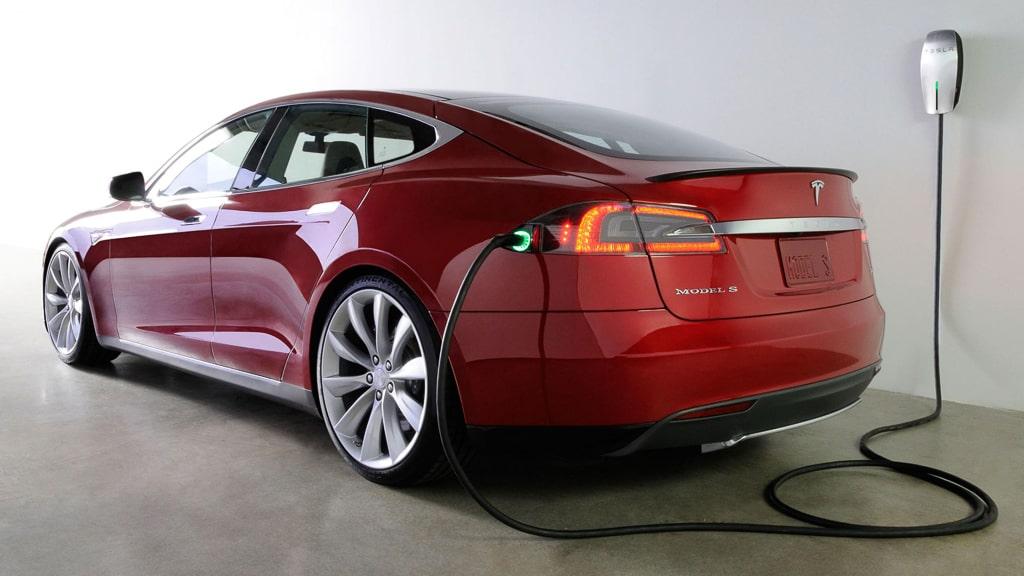
The bottom line is you can expect your EV batteries to last at least 8 years or 100,000 miles, even longer if you care for them correctly.
Find out how long do electric car batteries last might not seem important to potential buyers at first. However, if you are planning to buy a durable model of electric car that will last long and you want to stick with it long term, EV batteries lifespan will greatly affect the cost of owning an EV.
Still wonder whether to buy an EV? Do your research and learn about EV with 15 facts about electric cars to know now.


